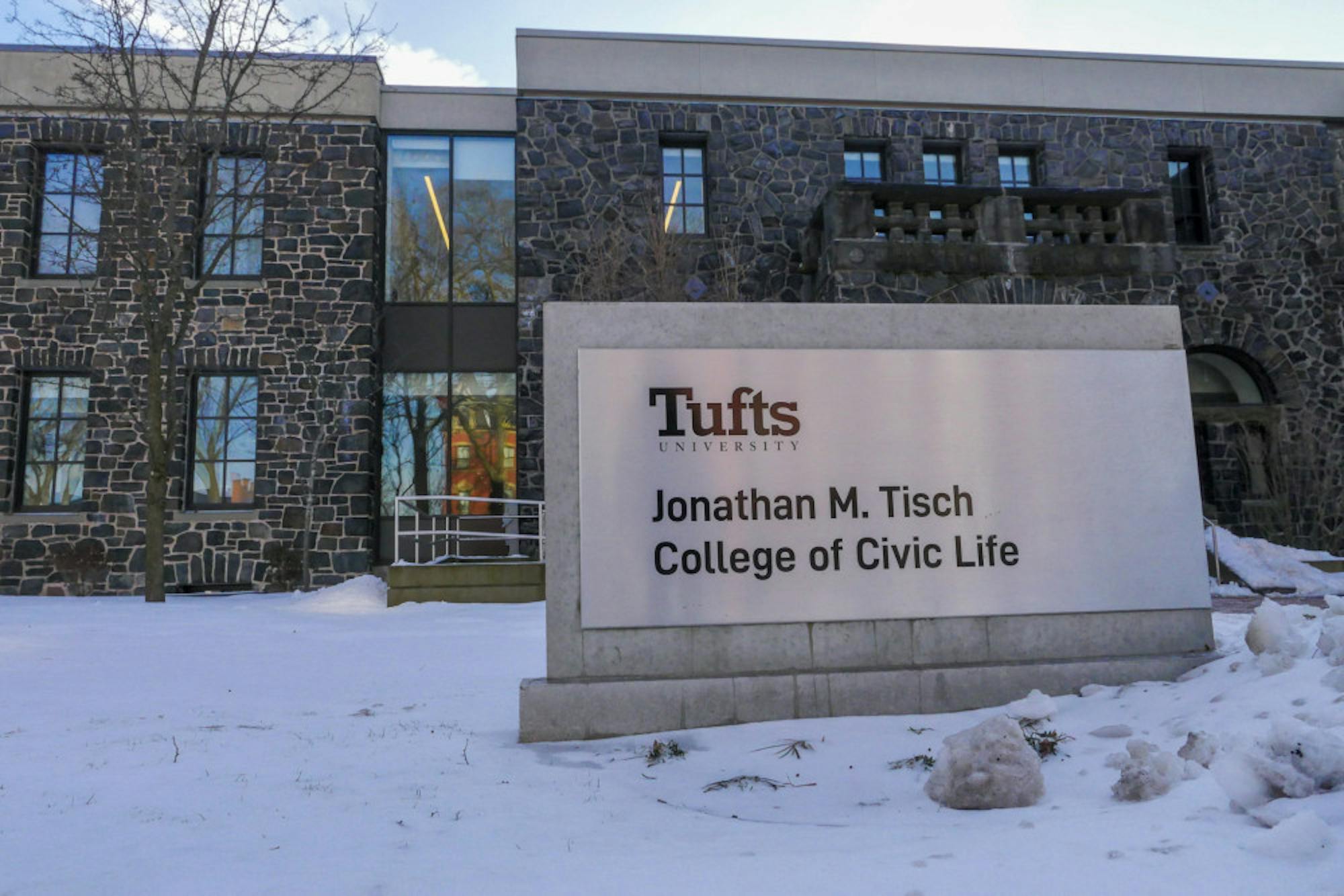A proposal to amend the Massachusetts constitutionto impose a 4% surtax on earnings above $1 million would raise about $1.3 billion in 2023, the Center for State Policy Analysis at Tufts’ Tisch College said in a nonpartisan report released on Jan. 13. Massachusetts citizens will vote on the amendment on Nov. 8.
The report considered whether millionaires might leave Massachusetts to avoid the surtax, often called the “millionaire's tax.”It analyzed research on cross-border moves from other states that have implemented similar taxes.
Evan Horowitz, executive director of cSPA and author of the report, explained that a millionaire's tax would have little influence on whether residents would leave the state.
“We crunched the numbers and found that with a tax increase of this size, you would find some families that move in Massachusetts — something like 500 — but not that many,” Horowitz said. “I don’t think it is enough to dramatically undermine the amount of revenue that would be raised by the tax."
Horowitz emphasized that millionaires have enjoyed autonomy over where they worked since before the pandemic.
“The other thing to keep in mind … is that people who earn a million dollars in a given year are at the head of some organization, mostly," Horowitz said. "So they’ve already had a tremendous amount of control over where they live their lives.”
Horowitz also explained that communal ties to Massachusetts will deter many millionaires from leaving.
“If [a millionaire] lives in Massachusetts, it’s because they chose to live in Massachusetts," Horowitz said. "It’s because they have kids that go to schools in Massachusetts. They’ve had partners and businesses they work with here.”
Bridget Wall, a student researcher who worked on the report, explained that cross-border moves will likely be uncommon because only a small number of millionaires will be affected by the tax each year.
“Something that was really interesting is that the majority of millionaires are not millionaires for their entire life orcareers; they’re mostly millionaires for just one year,” Wall, a senior, said.
Still, cSPA predicts that cross-border moves would diminish revenue from the millionaire's tax by approximately five percent. The center accounted for this diminution in its estimate that the surtax would raise $1.3billion.
The report suggests that tax avoidance is more likely than cross-border moves to undermine the amount of revenue that the tax would raise. It also estimates that tax avoidance will diminish the millionaire's tax revenue by roughly 35%, which is accounted for in its prediction of the tax's overall revenue.
Thomas Downes, an associate professor of economics at Tufts and lead researcher on the report, said he believes the report overestimates the amount of tax avoidance the tax would produce.
“They are potentially overstating the amount of avoidance," Downes said. "The evidence is sparser there in terms of the economics research.”
Horowitz, Downes and Wallall expressed puzzlement that the media tends to focus on cross-border moves as a barrier to accumulating revenue from taxes, when tax avoidance likely poses a greater issue.
Wall speculated about the cause of this feature of the media coverage.
“I just think that people moving out of the state is a lot more concrete, and ... it’s a lot easier to grasp visually and conceptually," Wall said. "It’s a more concrete loss than tax avoidance.”
The report predicted that the millionaire's tax is unlikely to disincentivize economic productivity. This is contrary to astudy by the Beacon Hill Institute that reached the opposite conclusion.
A more recent publication by the Pioneer Institute, a Boston-based think tank, criticized cSPA's findings. Downes summarized Pioneer’s criticisms of the report and voiced his disagreement.
“The main argument they’re trying to make is that in the report that Evan [Horowitz] wrote, he was only looking at a single year and was not accounting for the fact that there will be changes year to year, that he wasn’t taking a long enough term view. …I think [Horowitz] was actually very explicit about the fact that there’s going to be continual churning of taxpayers subject to the millionaire’s tax,” Downes said.
Horowitz revealed that over the next few months, cSPA will publish one to two additional reports about the potential for the millionaire’s tax to reduce economic and racial inequality and the potential benefits of investing the increased tax revenue in education, among other issues.
While cSPA is neutral about whether Massachusetts should adopt the tax, Wall shared her personal support for the amendment.
“I just think that it is kind of shocking in such a progressive state as Massachusetts that we [aren’t] already taxing millionaires at a higher rate,” Wall said.
Wall hopes that Tufts students will become civically engaged on this issue.
“I think if there is rhetoric on Tufts campus about this, it’ll spread more, and people will talk to their parents about it, who might be millionaires in Massachusetts,” Wall said.






